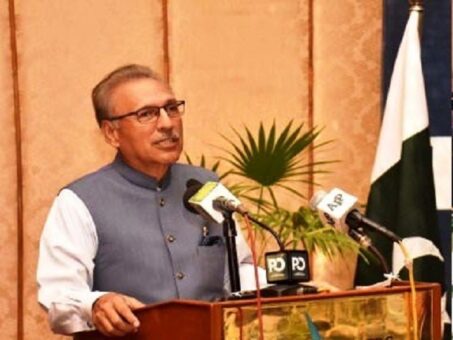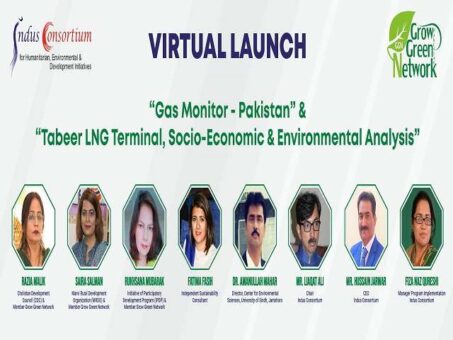KARACHI: Pakistan government has enforced austerity measures for the fiscal year 2022/2023 for saving public money and create space for development expenditures.
The Federal Board of Revenue (FBR) on Friday circulated a notification of the ministry of finance related to austerity measures.
READ MORE: Pakistan’s forex reserves drop to $15.61 billion
According to the finance ministry that the federal cabinet in a meeting held recently approved the austerity measures.
The federal government enforced the following austerity measures:
1. There shall be complete ban on:
READ MORE: SBP’s monetary policy tightening appropriate: IMF
(i) Purchase of all types of vehicles from current and development budget except utility vehicles such as ambulances, busses for educational institutions, solid waste vehicles, etc.;
(ii) Creation of new posts except those required for development projects;
(iii) Treatment abroad at government expenses;
(iv) Appointment of contingent paid / daily wages staff except for development projects;
(v) Purchase of office furniture except for development projects;
(vi) Purchase of machinery and equipment including air conditioners, microwave, fridge, photocopier, etc.;
(vii) Official visits abroad by government functionaries where the Pakistan government funding is involved except obligator visits;
READ MORE: US calls for strengthening bilateral trade with Pakistan
(viii) Official lunches/dinners/hi-tea except for foreign delegations;
(ix) Periodical, magazines, newspapers, etc.
2. Principal Accounting Officers shall ensure that:
(i) Consumption of utilities shall be reduced by 10 per cent;
(ii) Existing entitlement for petroleum products for government functionaries should be reduced by 30 per cent;
(iii) Avoidable travel should be curtailed by promoting use of Zoom / video links;
(iv) Vacant / redundant / non-productive posts should be abolished.
READ MORE: Gas price hike report baseless: Musadiq Malik
3. In addition to above, federal government has further decided that:
(i) The use of petroleum products by vehicles of ministries would be slashed by 40 per cent and security vehicles of cabinet members would be reduced by 50 per cent;
(ii) VVIP cavalcades’ expenses would be reduced without compromising security.
The federal government urged the provincial government should also adopt such austerity measures.









